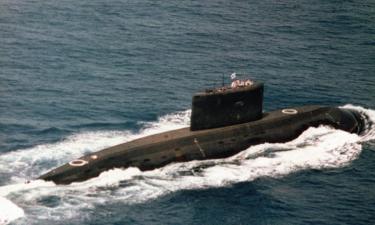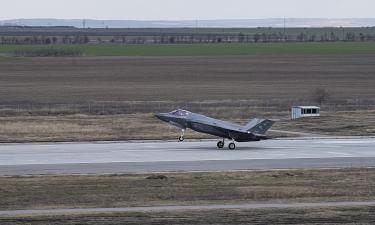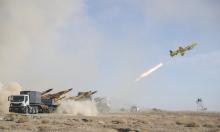South America Buries Neoliberalism
South America buries neo-liberalism as it looks for a new leadership
The outcomes of the last presidential race in Argentina confirmed a pattern: Lula in Brazil, Lagos in Chile and Kirchner in Argentina vow for alternatives to the ultra-capitalist program that  slumped economies and damaged democracies across the region
slumped economies and damaged democracies across the region
When Luiz Inacio Lula Da Silva crushed the hopes of his opponent, the official candidate, Jose Serra, something more important than the jump of a worker to the presidency happened in Brazil. It was the people's choice to look for an alternative leadership to tackle eight years of pro-market approaches to the economy.
In 2002, Brazil's population submitted to plebiscite neo-liberalism and defeated it. The Workers Party — PT according to its initials in Portuguese — led by Lula became a kind of national union movement against the interests of the multinational financial groups. Then, an alliance of workers, farmers, clerks and industrials gave Lula an extraordinary support to build a new capitalism with "a human face". Despite criticism, Brazil sorted out one of its worst-ever financial crisis and started growing again, after only 100 days of Lula's term.
At the same time, Chile, by far the most stable Latin American economy, found in Lagos a way to combine a strong macroeconomic predictability with effective social development policies. Having surpassed the crisis of his political coalition by December 2002, Lagos showed his skills as statesman when cleverly handled US pressures to vote against Iraq at the UN Security Council and make approaches to Mercosur and Europe without confronting Washington.
Therefore, it is not accidental that a week before being elected President of Argentina, Nestor Kirchner, Gov. of the Southern Province of Santa Cruz, visited both regional leaders. Kirchner wants to fuel a pro-Latin American approach in foreign affairs and a social-democrat leadership to his administration. In return, Lagos and Lula have already confirmed their visit to Buenos Aires to attend to Kirchner's sworn in ceremony scheduled for May 25.
The end of neo-liberalism in Argentina
Argentina's transition from the pro-market policies of the nineties to a new program of industrial growth has not finished yet. The combination of market fundamentalism and a messianic leadership represented by the figure of the ex-President Carlos Menem proved to be deadly for the economy of this South American country. The collapse of Argentina's finances after years of disarrangement and blind obedience to IMF orders led to a desperate scenario of unprecedented poverty - 60% according to the last official statistics - malnutrition and unemployment.
With the blood still fresh on the streets of Buenos Aires, the new Government that followed December 2002 turmoil soon realized that the continuity of such policies could only lead to the social disintegration of the country. Therefore, shifted to more active public policies to mitigate the effects of the crisis and take Argentina out of recession. At first, the financial groups and the International Monetary Fund angrily criticized those policies. Recently, Anne Krueger, IMF's number two, had to admit she was wrong and congratulated Argentina for its "surprising growth". Next year, Argentina will grow up to 5%.
However, the election campaign that started early this year, shook the ghosts of the past. Menem was back and fighting to win, despite the controversial administration he headed between 1989 and 1999. However, the society reacted in time voting against Menem and taking him to a runoff with Kirchner, where he had little chances to win.
Menem's theatrical withdrawal from the second round of the presidential elections in Argentina put an end to a singular political leadership based on a mixture of charismatic populism and pro-market policies. "Our society has overthrown Menem", said the national lawmaker Elisa Carrio, leader of the center left coalition ARI (Alternative for a Republic of Equals). To be more exact, Argentina also got rid of neo-liberalism.
Lagos, Lula and Kirchner will meet in Buenos Aires on May 25, when the Argentinean becomes President. If they succeed on the political and economical integration plans for Latin America, the history will remember them as "South America big three". As for Menem, he has already found a place in the shameful list of the most hated leaders of the region, together with Carlos Salinas de Gortari and Fernando Collor de Mello.
Photo (Reuters): Ricardo Lagos (left), President of Chile, discussed the political integration of South America with Argentina President-elect, Nestor Kirchner
Subscribe to Pravda.Ru Telegram channel, Facebook, RSS!





